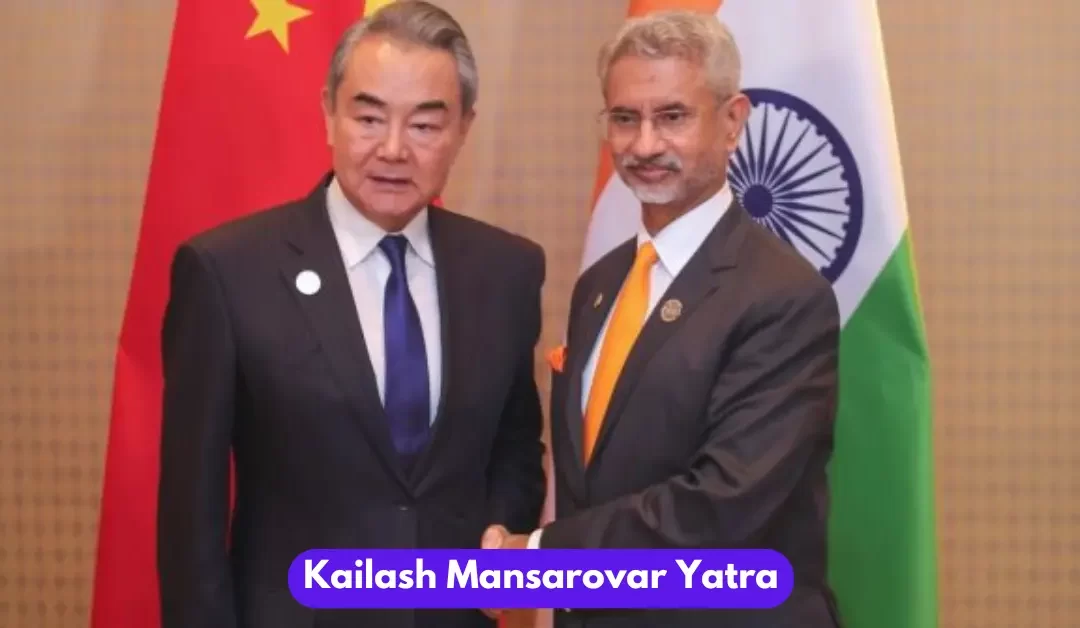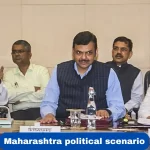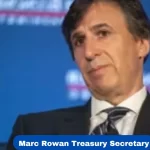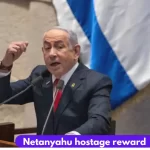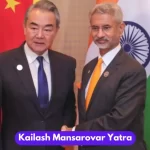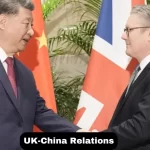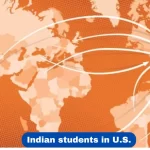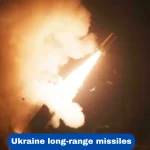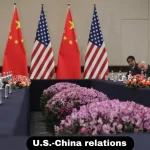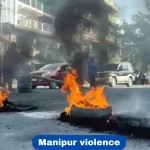India and China are taking meaningful steps to improve their diplomatic ties after recent tensions. External Affairs Minister S. Jaishankar and Chinese Foreign Minister Wang Yi met on the sidelines of the G20 Summit in Rio de Janeiro, Brazil, to discuss ways to stabilize their relationship. Their discussions focused on initiatives like reopening the Kailash Mansarovar Yatra pilgrimage, resuming direct flights between the two countries, sharing data on trans-border rivers, and promoting media exchanges.
Here’s a breakdown of the key developments and their significance:
Strengthening Diplomatic Engagements
Both ministers emphasized the need to strengthen ties as they prepare to commemorate 75 years of India-China diplomatic relations. Events in both countries will mark this milestone, fostering cultural and political dialogue. The leaders also discussed mechanisms such as the Special Representatives meeting and the Foreign Secretary-Vice Minister framework to further enhance communication and address unresolved issues.
Promoting People-to-People Connections
- Kailash Mansarovar Yatra: Resuming this significant pilgrimage, halted in recent years due to tensions and the pandemic, will help rebuild trust and cultural ties.
- Direct Flights: Reinstating air connectivity between India and China is expected to facilitate business, tourism, and student exchanges, easing travel for citizens of both nations.
- Media Exchanges: Strengthened media collaboration can help improve mutual understanding and counter misinformation that often exacerbates tensions.
Global Collaboration in Multilateral Platforms
Jaishankar highlighted India and China’s cooperative work in international platforms like BRICS, the Shanghai Cooperation Organization (SCO), and the G20. He noted that while the two nations have differences, they also share common goals, such as supporting a multipolar world and addressing global challenges collaboratively.
Commitment to Peace and Stability
The dialogue between the two ministers comes after successful disengagement at friction points along the Line of Actual Control (LAC). Both sides acknowledged the importance of stabilizing ties and managing differences. Wang Yi emphasized the unique role India-China relations play in global politics and expressed optimism about implementing the decisions made by Prime Minister Narendra Modi and President Xi Jinping during their meeting in Kazan, Russia.
India’s Independent Foreign Policy
Jaishankar reaffirmed India’s commitment to an independent and principled foreign policy. He stated that India opposes unilateral actions aimed at dominance and does not view its relationships through the lens of other nations. This approach highlights India’s focus on balanced and constructive diplomacy.
Next Steps for Bilateral Progress
The ministers agreed on several actionable steps:
- Convening meetings of Special Representatives and Foreign Ministry officials to resolve pending issues.
- Enhancing communication to prevent misunderstandings at the border.
- Planning joint events to celebrate diplomatic milestones and promote cultural ties.

